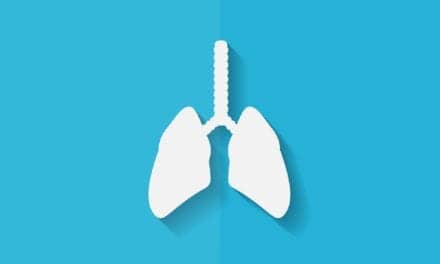Researchers in Hungary found a link between higher BMI and favorable clinical outcomes in patients with cystic fibrosis and reported their findings in JAMA Network Open.
“Currently, BMI is the generally accepted indicator for monitoring the nutritional status of patients with cystic fibrosis. In children older than 2 years, the target BMI is at least the 50th percentile; in adults, the target BMI is greater than or equal to 22 for women and greater than or equal to 23 for men,” Rita Nagy, MD, from the Institute for Translational Medicine at Szentágothai Research Centre Medical School at the University of Pécs, the Centre for Translational Medicine at Semmelweis University and the Heim Pál National Pediatric Institute, Budapest, Hungary, and colleagues wrote in JAMA Network Open. “However, BMI does not distinguish between the major components of the body, namely, fat mass, fat-free mass, total body water, bone mineral density and bone mineral content.”
Researchers conducted a literature search of the MEDLINE, Embase and Cochrane Central Register of Controlled Trials databases in November 2020. Their search identified 17 studies that enrolled 9,114 patients aged 2 years and older with cystic fibrosis with altered BMI or body composition who were compared with patients with measured parameters in the reference ranges. The primary outcomes were pulmonary function, exocrine pancreatic insufficiency and cystic fibrosis-related diabetes.
Compared with those with normal weight, researchers observed higher FEV1 among those who were overweight (–8.36%; 95% CI, –12.74 to –3.97) and obese (–12.06%; 95% CI, –23.91 to –0.22). In addition, likelihood for cystic fibrosis-related diabetes and pancreatic insufficiency was higher among patients with normal weight (OR = 1.49; 95% CI, 1.1-2) compared with those with overweight (OR = 4.4; 95% CI, 3-6.45).
“Our findings suggest that nutritional status plays an important role in maintaining organ function in patients with cystic fibrosis. Because we noted that a higher BMI is associated with better clinical parameters, we advise clinicians to reconsider increasing the currently recommended target BMI. The use of a nutritional strategy that increases BMI, at least until the upper limit of normal BMI is reached, should be included in the daily protocol. Our results suggest that careful evaluation of body composition should be incorporated into everyday clinical practice,” the researchers wrote.










